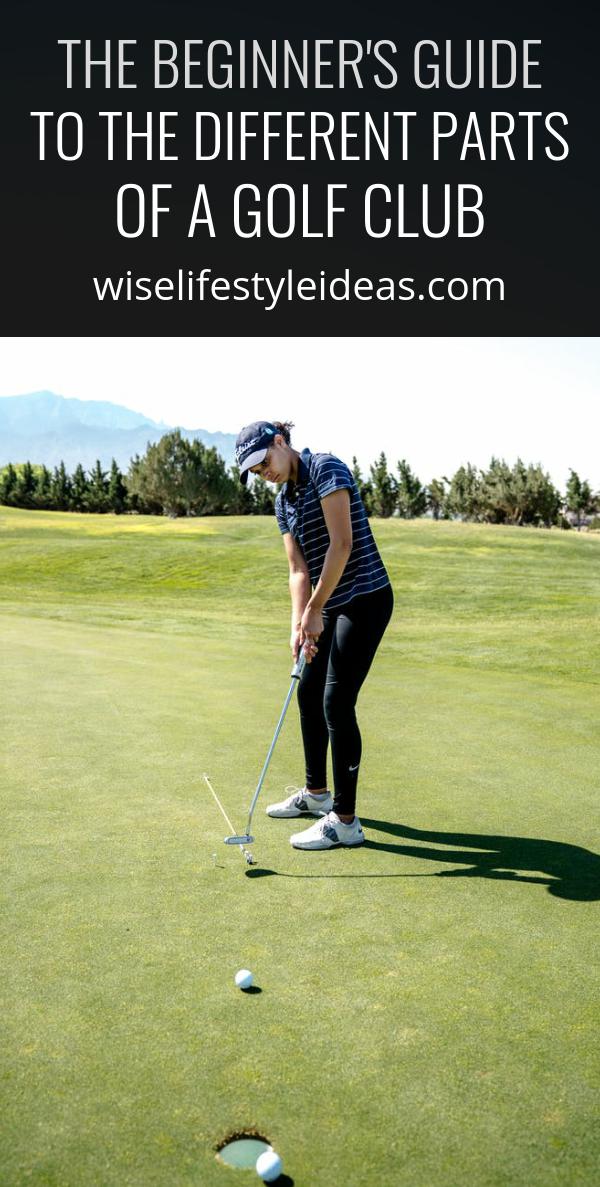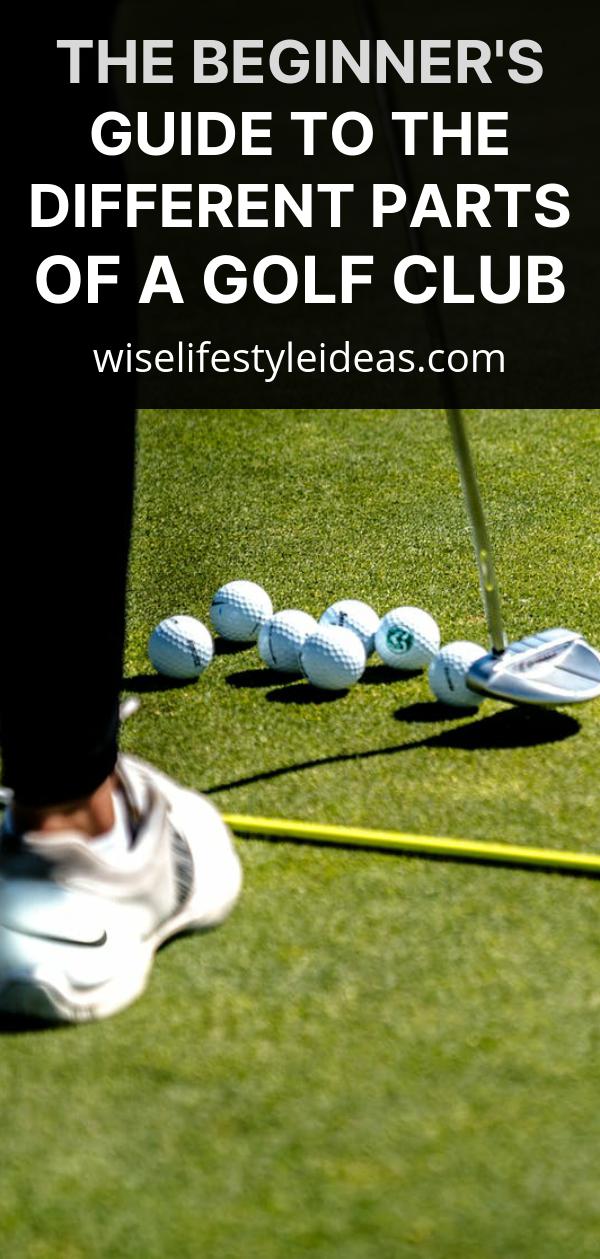THE TRIAD – CHUCK EVANS, G.S.E.D.
As players, we NEED to understand that we MUST control the three parts of the golf club in order to strike quality golf shots. These three parts are:

The clubface
The clubhead
The clubshaft
These three parts MUST be controlled through three Stations – from Address, to the Top, and to the Finish. You’ll notice that impact is NOT included in these locations. Impact does not have the rank of a station simply because it happens if you have controlled the club through the three stations.
1. The left-hand controls the clubface and its job is to impart “Hinge Action” to the face supplying direction, trajectory, and curvature. These three “Hinge Actions” are known as (1)Vertical – a wall, (2) Horizontal – a floor, and (3)Angled – somewhere in between.
In a Geometrically correct golf stroke (ideal application) the Horizontal Hinge Action is used. This action works just like a door that is opening and closing. While on a Horizontal Plane it is clear to see that there is NO turning or rolling in either direction. But on an Inclined Plane of motion, there is a turn to the right and a roll to the left.
2. The right hand – more specifically the first joint of the right index finger – controls the clubhead, its job is to sense where the clubhead is at all times and to direct the action of the clubhead. Using what is known as the “Aiming Point Concept” the direction and point of location in the downstroke varies according to hand speed, and the club being used. The shorter the club the more in front of the golf ball the “Aiming Point” is.
For example, when hitting a greenside bunker shot the player should be looking at a spot behind the golf ball. This is because that’s where we want the club to strike the sand. The same principle applies here. A wedge for example would be in front of the ball. A 5 iron would be at the ball, and a Driver may be behind the ball.
3. Finally, the clubshaft controls the Plane. The Plane is the angle that the club moves back and down on. It can stay on the same Inclined Plane back and down, shift to another angle, or even have several shifts during the stroke. The simplest is to NOT shift at all. The next easiest is to only shift this plane angle once, then two shifts, then three shifts, etc. Annika Sorenstam, Tiger (when he’s on), Adam Scott, Michelle Wie, and a host of others use either a “Zero” or “single” shift in their procedures. Nick Price, Nick Faldo, and others use a “double” shift while Jim Furyk uses a “customized” plane and multiple shifts.

You can use any of these and obviously play great golf, but remember – ANY PLANE SHIFT IS DANGEROUS!
Learn to control these three parts of the golf club and you will be on your way to golfing “Nirvana”.




